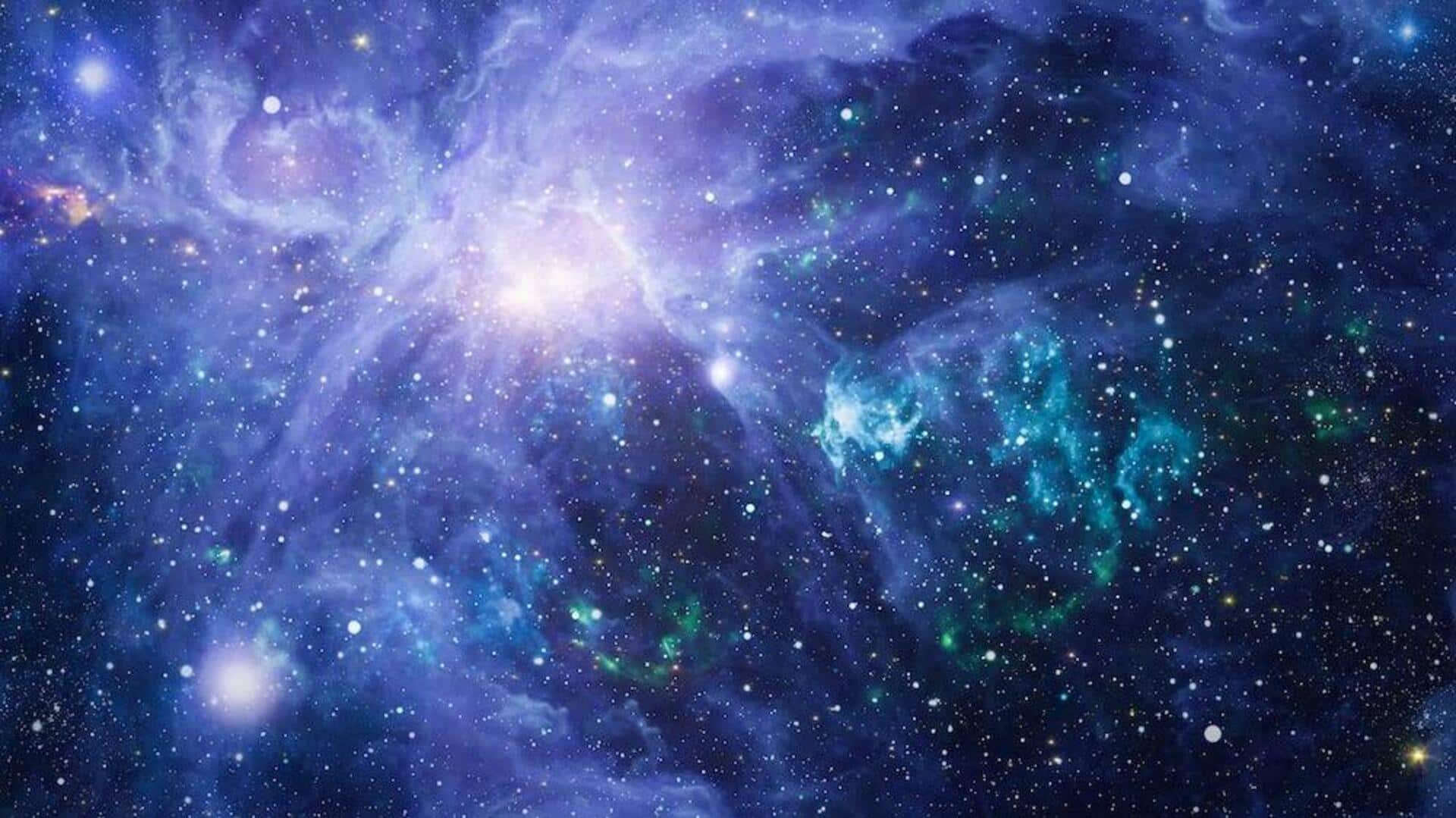
Universe may resemble infinite hall of mirrors, says study
What's the story
A group of cosmologists called COMPACT Collaboration has published a research paper in the journal Physical Review Letters. The study explores the shape or "topology" of the universe. The researchers analyzed data from the cosmic microwave background (CMB), which is essentially the "glow" of space, originating from ancient radiation at the dawn of time. Their findings suggest this background radiation does not rule out some highly unusual shapes for our universe, including one resembling an infinite hall of mirrors.
Spatial concept
The 3-torus: A new perspective on the universe's shape
The primary focus of the research was a shape called "3-torus." This concept, as explained by American Physical Society (APS), is akin to a cube where each set of opposing sides are connected. Here, no matter how vast the universe appears, if you look deep into its depths, you'll see back of your head. APS likens this effect to a "hall of mirrors," where lines of sight form closed loops returning to the viewer, causing everything to appear infinitely repeated.
Cosmic clues
The search for a topological fingerprint in the universe
The findings of the COMPACT Collaboration only deal with what is possible, not what actually is. Therefore, they are now seeking to find a "detectable topological fingerprint" in the cosmic background radiation that may provide a more definitive answer. Columbia University cosmologist Oliver Philcox, who was not involved in the new paper, agreed with this approach. He stated that "there's a lot of possible ways the universe could be topologically connected," and it's challenging to rule them out.
Cosmic landscape
Universe as a giant carnival funhouse
The COMPACT Collaboration analyzed the remaining glow from the Big Bang, and concluded that nothing in its patterns rules out an exotic cosmic landscape, if it turns in just the right way. Their theory suggests that our universe might be one gigantic carnival funhouse, where in place of a series of mirrors, space-time bends around in every direction.